Jermel McClure, Jr., president
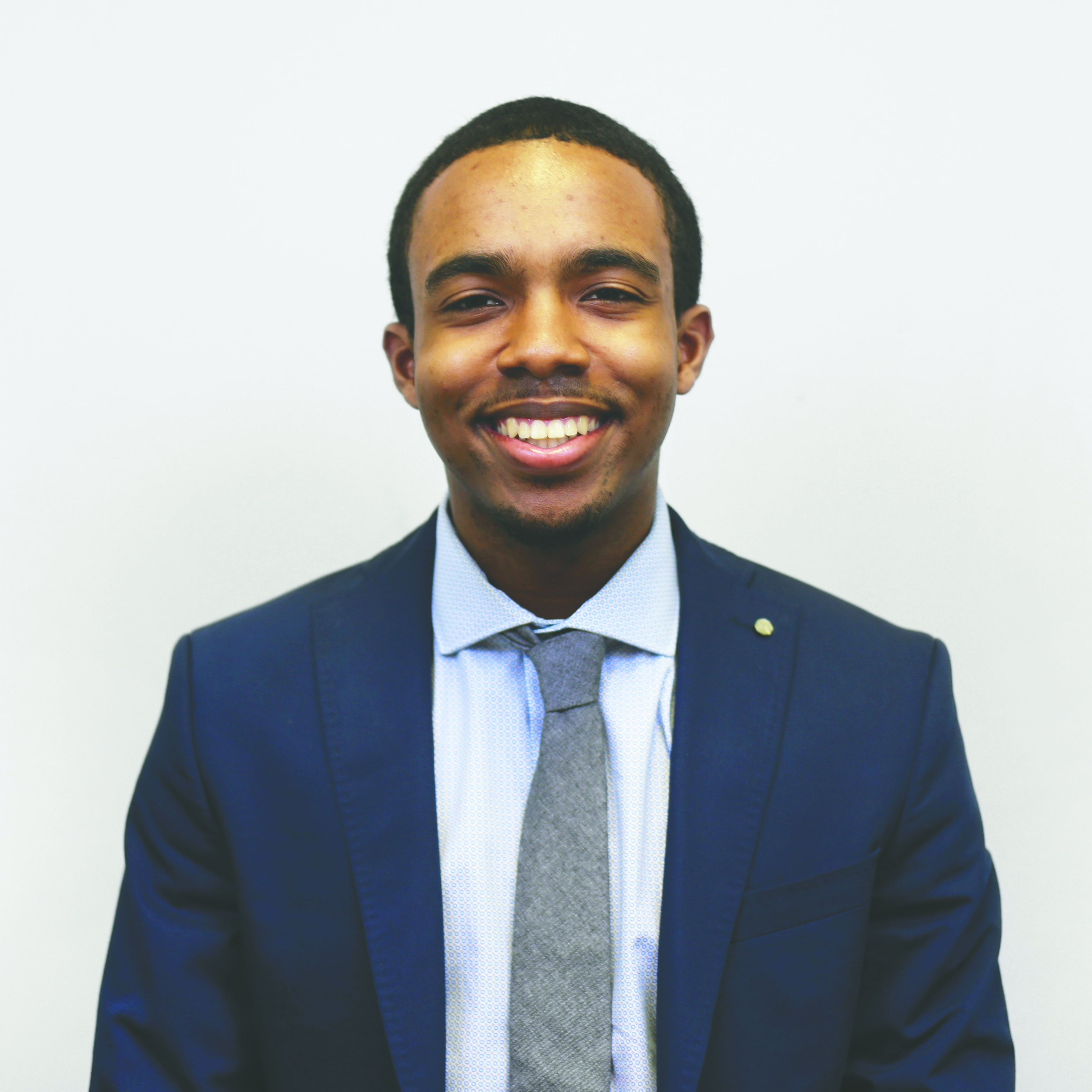
During his campaign, McClure, a senior majoring in political science, pledged to improve SA business practices and Off Campus College Transport outreach and communication. He also promised to focus on off-campus safety, foster collaboration between student groups and the University and encourage student representation. McClure also supported starting conversations on mental health resources, diversity initiatives relating to staff hiring and sexual assault awareness. Before becoming president, McClure served as the SA vice president for multicultural affairs (VPMA).
Pipe Dream: What have you accomplished during your time in office?
McClure: I have been able to establish a clear mission statement, a set of core values and goals for the organization. I have established a press secretary position within the SA president’s office to improve transparency. I have advocated on the behalf of undergraduate students in various capacities, including proposing changes to the University Code of Conduct that protects the rights of undergraduate students. I have appointed three new members to the Student Association’s Judicial Board.
PD: How has your perspective on your position changed during your time in office?
JM: During my time serving as Student Association president, I have learned a lot about the importance of the SA president cultivating strong relationships with fellow executive board members, as well as key stakeholders across the University.
PD: What are some of the major issues you think will need to be addressed next year? What challenges do you think next year’s executive board will face?
JM: I think some of the major issues are centered around better communicating what we do as an executive board to the campus community. I have implemented the new press secretary position to assist us in our efforts to improve outreach moving forward. Next year this will hopefully be less of a problem.
Glenn Avisado, executive vice president (EVP)
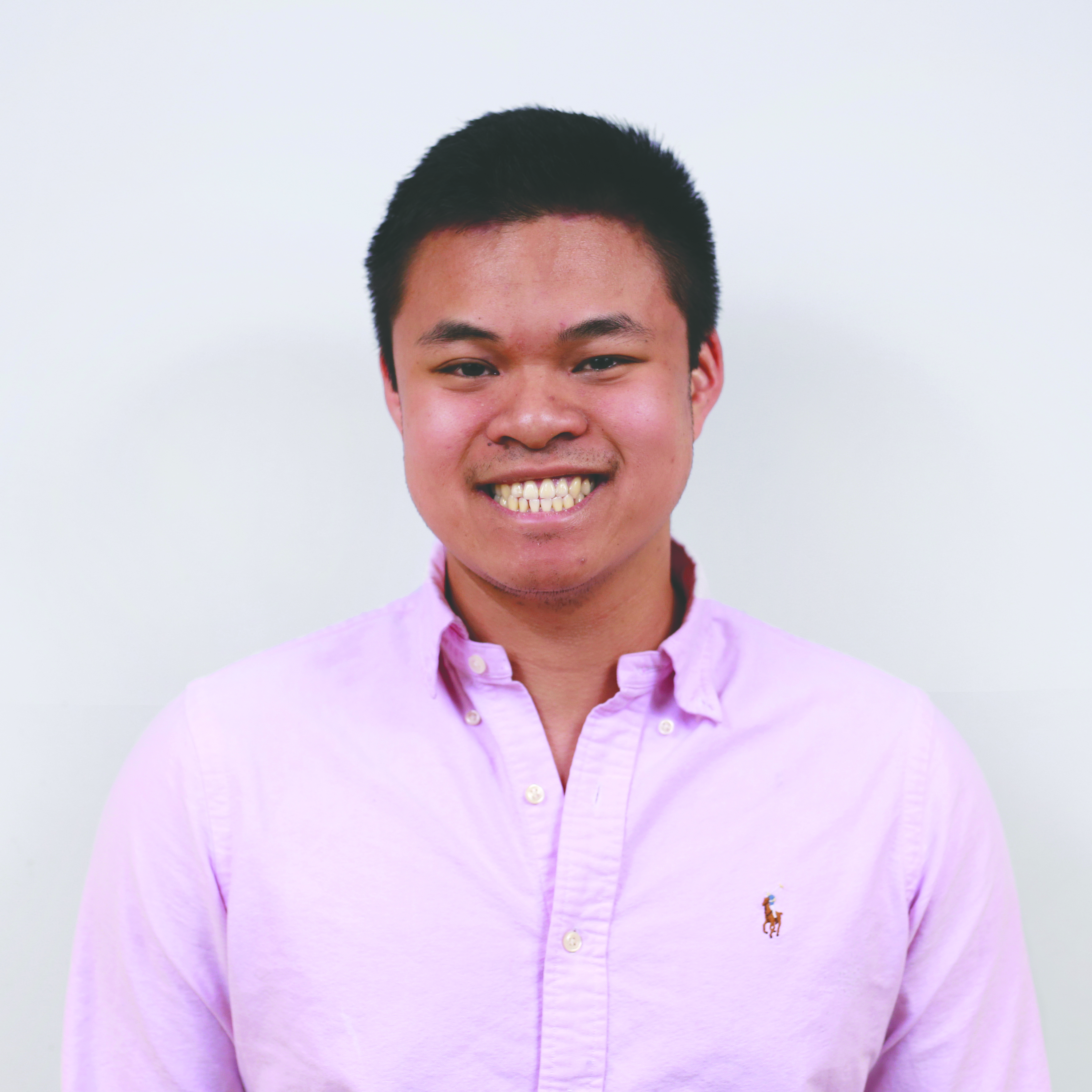
While running for executive vice president, Avisado, a senior triple-majoring in business administration, political science and economics, pledged to provide greater mentoring for incoming staff and e-board members and expand the services SA businesses offer to students by exploring the possibility of credit card payment. Before becoming EVP, Avisado was a project manager for the SA.
Pipe Dream: What have you accomplished during your time in office?
Avisado: [I] moved the chartering process online, created new group advisers for clubs specializing in constitution writing, marketing and event planning, created new training guides for incoming e-board and staff members [and] created new internship opportunities for students looking to get involved.
PD: How has your perspective on your position changed during your time in office?
GA: I definitely have a greater appreciation for all the staff members who work for the SA. It’s a big organization, and it takes a lot of manpower to keep it running. The general students will probably never know what half of our staff do, but they definitely see the results.
PD: What are some of the major issues you think will need to be addressed next year? What challenges do you think next year’s executive board will face?
GA: The biggest issue that every e-board faces is the student body not knowing what we actually do. Hopefully the press secretary position can help mitigate this issue next year.
Rebecca Ho, vice president for finance (VPF)
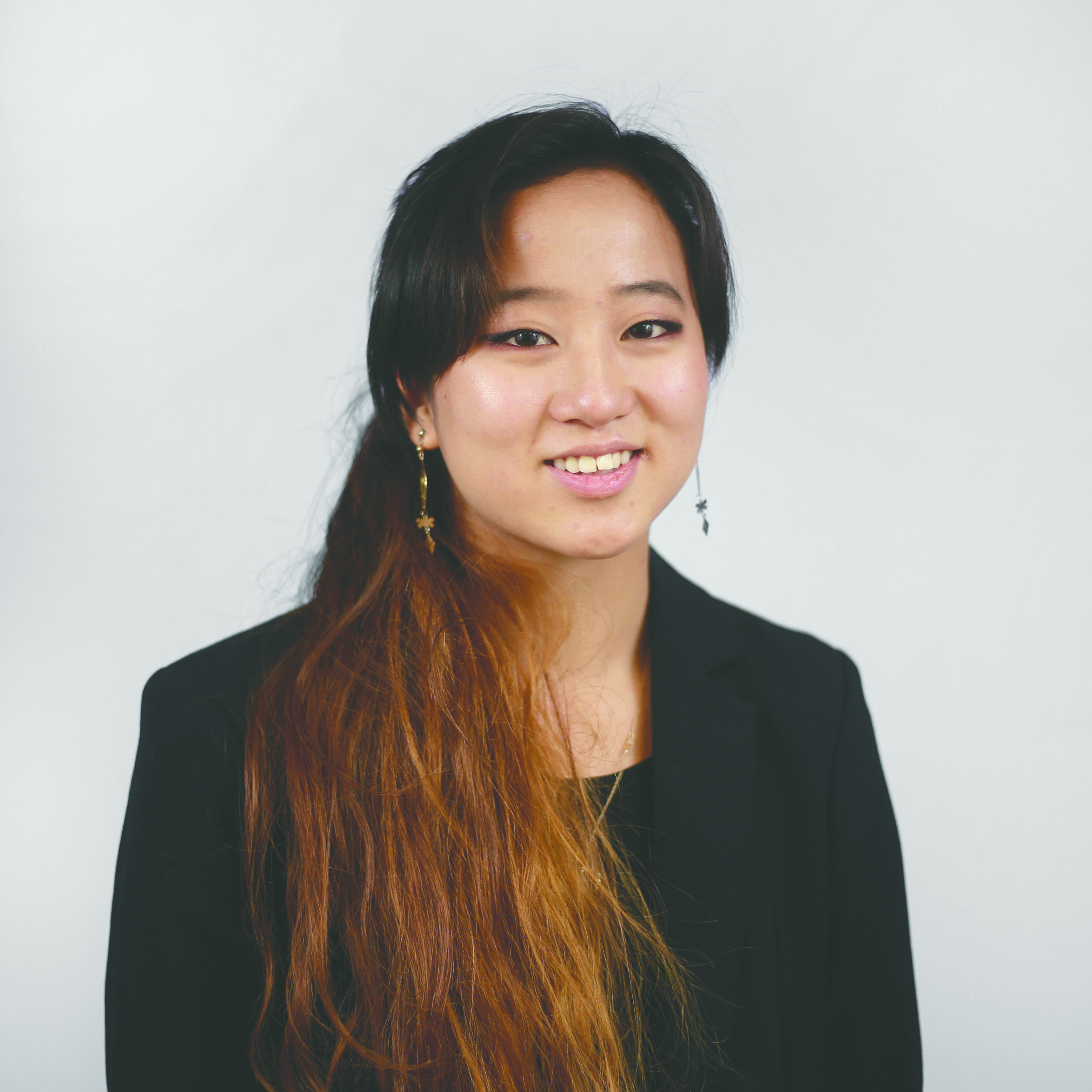
During her campaign, Ho, a senior majoring in business administration, promised to modernize the form submission process by implementing password-protected, encrypted technology, create an idea pool to allow clubs with extra funds to support other SA organizations and assign financial advisers to student groups struggling to manage their money. Additionally, Ho proposed creating budget guides to help educate organizations on budget management. Before becoming VPF, Ho was a SA Congress representative for the apartment communities.
Pipe Dream: What have you accomplished during your time in office?
Ho: During my time in office, I built a voucher-tracking system to electronically track the status of vouchers and notify users throughout the phases of voucher processing. I also hired a team of financial advisers to assist student groups with planning out their finances, as well as an Information Technology Team.
PD: How has your perspective on your position changed during your time in office?
RH: Since taking office, my goal of progress and automation has remained a driving force in my work to streamline and improve the financial governance of the SA. Over the course of the year, I have learned how empowering it is to have a strong team. I have been fortunate enough to have incredible assistants and advisers that work diligently to handle day-to-day functions.
PD: What are some of the major issues you think will need to be addressed next year? What challenges do you think next year’s executive board will face?
RH: The prior approval process is the largest bottleneck issue that the VPF office currently faces and I do not believe I will be able to automate this function by the end of my term. As for the office as a whole, the new executive board will not have a returning executive board member, so there will be a lack of institutional knowledge.
Raul Cepin, vice president for academic affairs (VPAA)
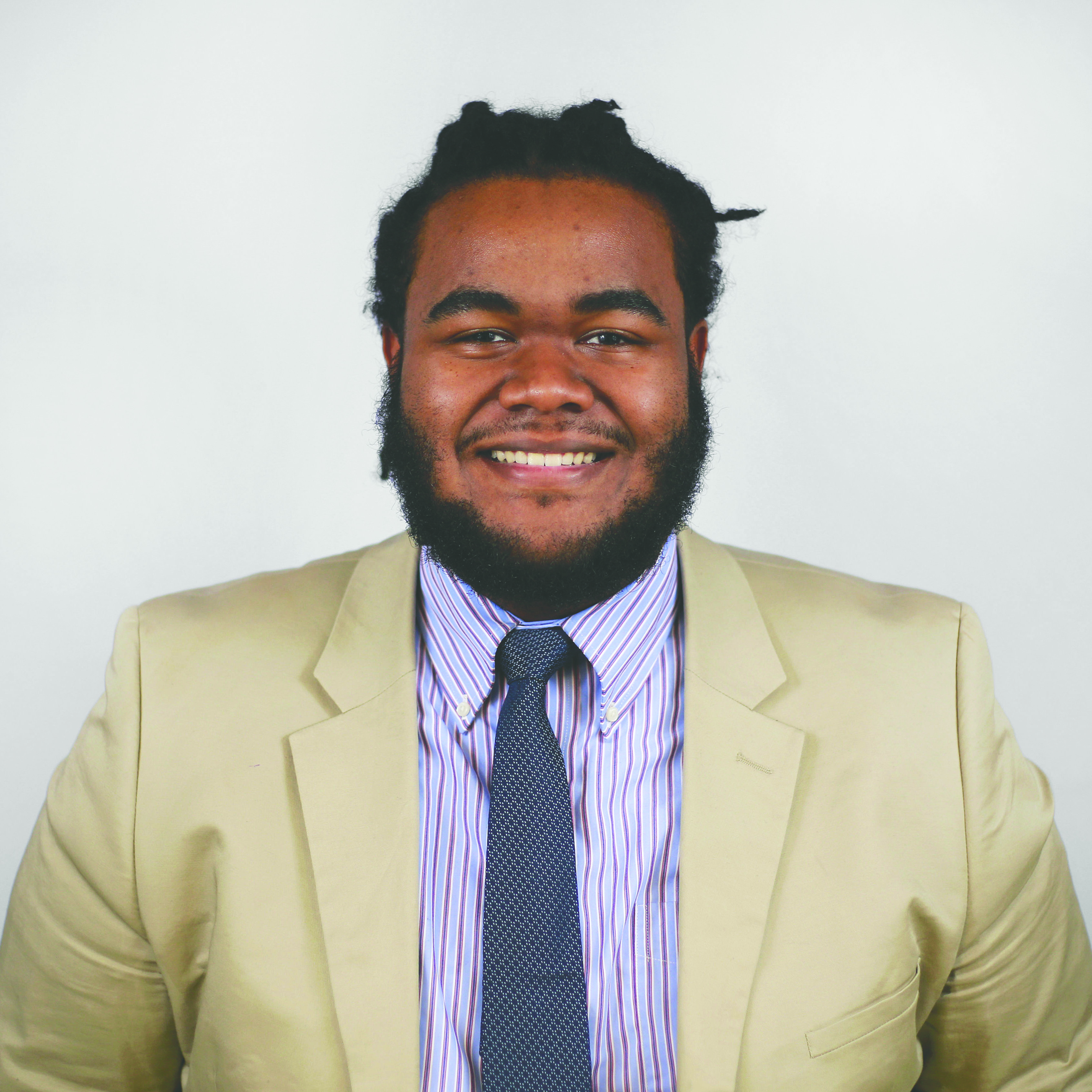
During his campaign, Cepin, a senior majoring in Latin American and Caribbean Area studies, pledged to advocate for more skills-based classes for students in Harpur College and the College of Community and Public Affairs. Additionally, Cepin promised to increase access to research, internship and enrichment opportunities and create a case competition on academic issues in which undergraduate students could compete for a scholarship. Before becoming VPAA, Cepin was vice president for Juvenile Urban Multicultural Program (JUMP Nation).
Pipe Dream: What have you accomplished during your time in office?
Cepin: During my time in office, the team and I have developed a stronger relationship between student groups and the VPAA office. Often the office has been focused mostly on advocacy. I have tried to maintain an open door policy and give the students a voice. [We have also] cemented the SA Spotlight series into the legacy and regular responsibility of the office with the amazing support of the Programming Board.
PD: How has your perspective on your position changed during your time in office?
RC: The position has been structured so that the office could create more student-initiated academic programming. This year we have sponsored various leadership conferences and speaking engagements including an upcoming conference on individualism featuring students and faculty that is completely student-run.
PD: What are some of the major issues you think will need to be addressed next year? What challenges do you think next year’s executive board will face?
RC: Our executive board has been strong about collaborating and keeping open communication. Unlike other executive boards, we have had regular meetings throughout the semester and breaks to make sure we are on the same page. Challenges faced in the upcoming years would be to continue to increase student participation in the government side, there are amazing student leaders among our various groups that could serve as excellent executive board members and congress members.
Joshua Gonzalez, vice president for multicultural affairs (VPMA)

As VPMA, Gonzalez, a senior majoring in geography, promised to strengthen bonds between multicultural groups, the student body and University administrators. He also proposed an expansion of mental health resources on campus, and pledged to encourage unique programming between different organizations. Before becoming VPMA, Gonzalez was a student representative in SA Congress.
Pipe Dream: What have you accomplished during your time in office?
Gonzalez: [I] helped re-establish PRISM, the premier multicultural tabloid, helped establish VPMA positions in each community except College-in-the-Woods, restructured Multicultural Extravaganza so that it is a more collaborative event, created a multicultural Listserv for promotional purposes [and] restructured the [Intercultural Awareness Committee].
PD: How has your perspective on your position changed during your time in office?
JG: It’s a difficult position, and can be very stressful at times. I think it is the most important position I’ve done in my life thus far. Helping students and organizations stay organized, promoting their amazing events and combating racism [and] discrimination makes it all worth it.
PD: What are some of the major issues you think will need to be addressed next year? What challenges do you think next year’s executive board will face?
JG: More support for mental health. I originally wanted that to be my main focus, but with everything that has happened over the past few months I only recently have been able to dedicate time to it. I want the fight for more services to continue and to help students find more options to better their mental health.
Elizabeth Aliberti, vice president for programming (VPP)
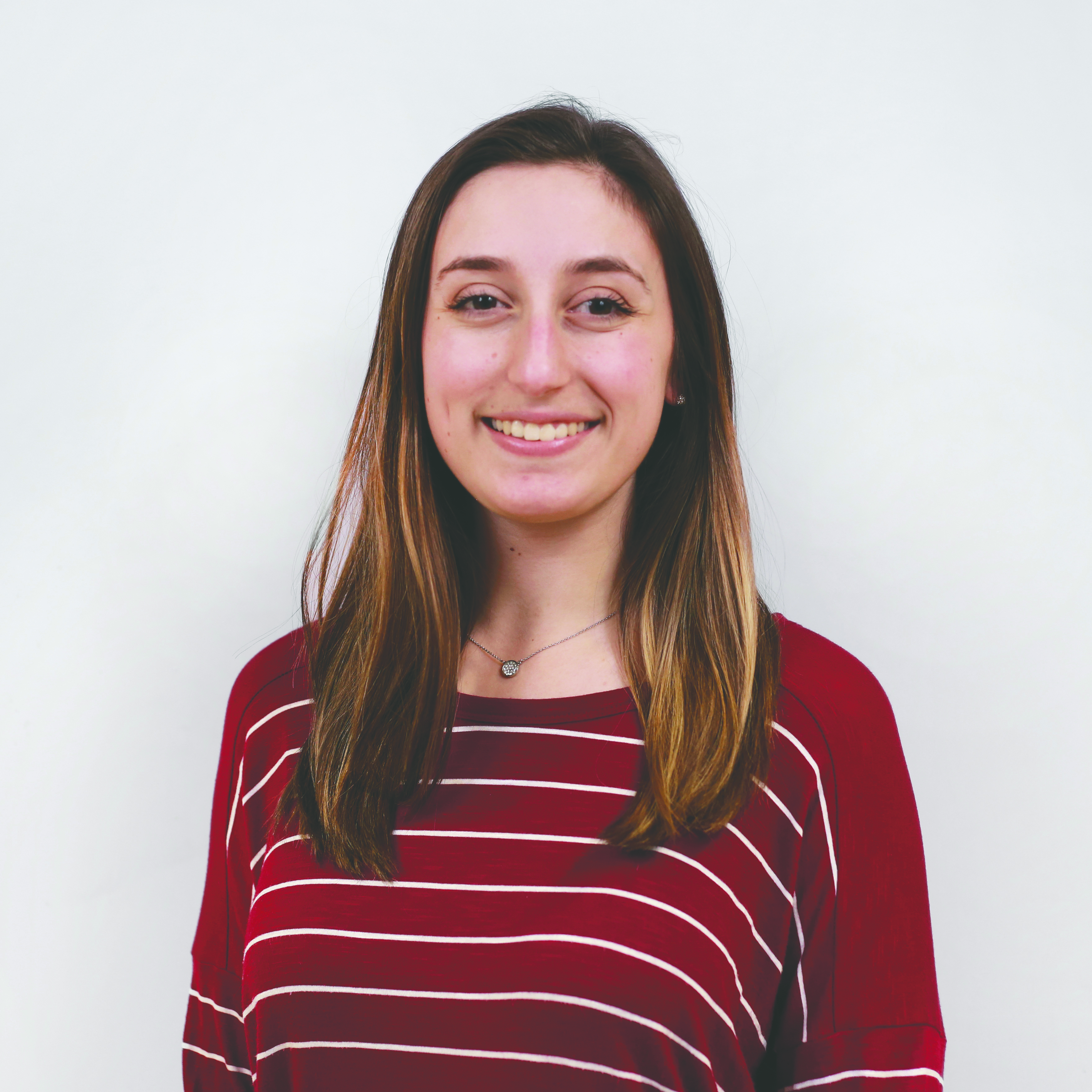
In last year’s elections, Aliberti, a senior majoring in biology, pledged to enhance the Programming Board’s accessibility and increase internal involvement. She also promised to continue building on previous efforts to keep more detailed record of the Programming Board’s finances.
Pipe Dream: What have you accomplished during your time in office?
Aliberti: With the help of my committee chairs, I have brought several successful, diverse acts to campus, including Post Malone, Dave East and Yaeji. I have expanded the SA Spotlights collaboration with the VPAA office, and we have now had three successful seminars with more on the way. Most importantly, I have continued the mission of the VPP office by creating and expanding fun, diverse, safe and exciting events for all of our students to enjoy.
PD: How has your perspective on your position changed during your time in office?
EA: At first, I thought I had strict parameters as far as what events I had to put on, but I have learned that the VPP office is a place for innovation and creativity. I have also learned that as VPP, programming is the main focus, but that I am also here to listen to student opinions regarding all matters on campus and to make change where it is possible.
PD: What are some of the major issues you think will need to be addressed next year? What challenges do you think next year’s executive board will face?
EA: Increasing safety at our events, as the frequency of violent acts at events of this nature is on the rise. I think next year’s executive board will be faced with common challenges such as how to effectively collaborate and how to efficiently use student money, but also new challenges such as how to make students feel safer in all aspects on and off our campus and how to engage more students through the SA.


